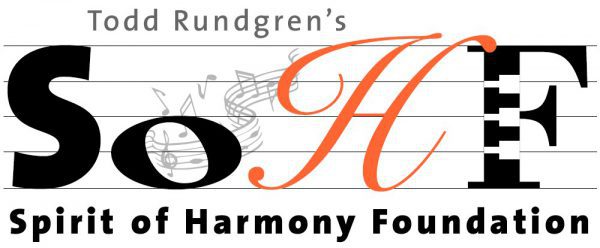 Pianos are precious and have tremendous sentimental value, but it can be very challenging to donate a piano for a number of reasons, including: high cost and difficulty of moving a piano, high cost of repairs and maintenance, and amount of space that a piano requires. Because of these reasons, many schools and music programs are opting to teach on electronic and digital keyboards, instead of on traditional acoustic pianos.
Pianos are precious and have tremendous sentimental value, but it can be very challenging to donate a piano for a number of reasons, including: high cost and difficulty of moving a piano, high cost of repairs and maintenance, and amount of space that a piano requires. Because of these reasons, many schools and music programs are opting to teach on electronic and digital keyboards, instead of on traditional acoustic pianos.
It’s wonderful when someone wants to donate a beloved and valuable instrument to children to support their Music Education! However, please consider the following when deciding whether to donate your piano, as every school, nonprofit, charity, religious organization, or community center is going to have different specific criteria for piano donations.
Helpful considerations:
- All keys work and don’t get stuck. You might be able to still donate your piano if only a few keys stick and everything else works, but it depends on whether or not a nonprofit is willing – or has the funds – to repair it.
- It’s mostly in tune. Tuning a piano is part of regular maintenance. A wildly out-of-tune piano may make people shy away from your donation. Be open and honest when letting recipients know whether your piano is more “out of tune” than it is “in tune”.
- It has no major damage. A few small scratches and some wear-and-tear is to be expected. But if your piano has a broken leg, a cracked key cover, chipped keys or anything similar to this, it might not be accepted for donation.
Donation Questions:
The Spirit of Harmony Foundation is happy do our very best to help you find a new home for your piano, but we ask that you please FIRST refer to the “Other Possibilities to Explore” section below. The Spirit of Harmony will not physically accept a piano donation, but will assist you in finding a local program that is willing to accept the donation. If you would like us to assist you in placing your piano, please send us an email with the following information, and we will work within our network to try to find a school or music program in your area that needs a piano:
- What do you want to donate?
- Where you are located?
- Details about the instrument(s), specifically the manufacturer and model, and several photos. Please clearly indicate whether the instrument is in workable, functional condition or whether it needs extensive repairs.
- Is this donation time-sensitive? (please understand that a very short deadline is unrealistic)
- Does the recipient need to pick up this donation, or will it be delivered? If the recipient needs to pick up the instrument, then we will need details about any stairs, tight turns, narrrow hallways, or other obstructions that will make the move more difficult.
Other Possibilities to Explore:
Please note that the Spirit of Harmony cannot contact these resources (below) on your behalf. The contact must be made by the piano owner.
- Pianos for Education (they accept specific makes and models) pianosforeducation.org
- Your local Musicians Union afm.org
- Goodwill (varies with location) goodwill.org
- Piano Finders (they accept specific makes and models) pianofinders.com
- The Beethoven Foundation (they accept specific makes and models) beethovenfoundation.com
- The Salvation Army (some locations accept pianos) salvationarmyusa.org
- Piano Forums: Piano World pianoworld.com, Piano Adoption pianoadoption.com
- Craigslist, Facebook
- Trash Nothing (free advertising, where the recipient picks up item locally) trashnothing.com
- Some cities and states have piano donation programs – check local listings
Recycling:
There are many YouTube videos with ideas on recycling a piano, and check out some DIY websites for inspiration.
Ivory Considerations:
Pianos were made with ivory keys for a significant portion of their history, primarily from the early development of the piano until the mid-20th Century, when the ivory trade was largely banned due to concerns about elephant poaching. Most manufacturers stopped using ivory by the 1950s, with the practice completely phased out by the 1980s due to international regulations.
For pianos made prior to the 1950s, key covers that have not been replaced might have ivory left on them. Ivory is a veneer, a very thin covering over the wood key. Real ivory may not be sold, bought, transported over state lines, or shipped out of the country. This applies to all ivory items — sculptures, embellishments, keytops, and even entire pianos with ivory keys. Although you cannot buy, sell, or trade ivory anywhere in the world (including on the internet) you are permitted to keep the ivory that you already own. Federal laws do not prohibit donations or gifts of an ivory item, provided that it was acquired lawfully and there is no monetary exchange, or exchange for other goods or services.
If it is necessary to disassemble or recycle a piano that has ivory keys, please donate the keys to a qualified piano technician or restoration professional, who can utilize the ivory keys in an historic restoration.
